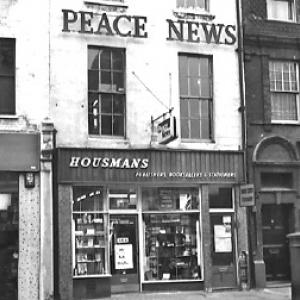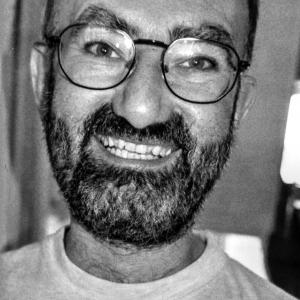Lately I have been thinking – once again – about desertion from the military. This time, I’ve been prompted by reading a review (not the book) of Deserter: The Last Untold Story of the Second World War by Charles Glass (HarperPress, 2013, £25). The review reveals that ‘as many as 100,000 British and 50,000 US Servicemen are believed to have deserted at some point’. I hope to return to this book about ‘the final taboo’ in a future PN.
But taboo? Well, that’s as maybe but…





